by Gita Shariat
Gita Shariat remembers visiting the United States for the first time around the age of 19 with her mom, dad and her younger siblings. During a shopping trip with her family, she recalls going from store to store while her sisters tried on clothes, pants and the typical teen fare. It wasn’t until they came across a kitchen and cookware store that Gita stopped in her tracks.
“I remember seeing something where you could make a radish look like a flower,” says Gita. “I told my mom ‘I want that!’
Although her sisters made fun of her, “You’re going to be a cook. You’re going to smell like fried onions…,” she didn’t care. Gita brought half suitcases filled with special cutting boards, pot holders and other kitchenware home. She would be the joke of the family for the rest of the time.
Later, Gita would move to the United States with her husband so he could continue his education in America –– it was his dream. However, the transition from her home country to this new place was definitely eye-opening and an adjustment. Gita was no longer “living in the luxury” of her parents’ place.
“We had to save on cooking or baking at home so we could have extra money to spend on other stuff, like phone calls to Iran –– the bill was so high,” recalls Gita. “Today, you have the luxury of the internet or Facetime, and when I call my sister, it’s free.”
Also gone were the family get-togethers and group interactions. Meeting up with cousins, aunties and neighbors. Sitting together and sharing a meal every time someone was born, died or had a birthday. Everything revolved around food and community.
Thankfully for Gita, her mom ensured she knew how to cook prior to moving to the U.S. Her mom had taught her how to prepare items from scratch. Cooking, baking, even how to make ice cream. She would always be able to have a taste of home.
Integrating culinary traditions
Gita would mainly cook Persian food for her husband and daughters, but she had an interest in learning other styles of cooking. Self-described as a “life-long learner,” she was open to other cultures, new ingredients and different methods of cooking.
She learned a lot from The Food Network. For context, families in Iran typically pressure cook shrimp. A very different method than the pan sauté way used in the U.S. “I used to make shrimp and it was tough. It was like rubber and I would think, ‘oh, this is not good shrimp,” Gita shares with a laugh. “Now I know…maximum three minutes in the pan. I learned that from just watching t.v. and practicing.”
Even new holiday traditions, like Thanksgiving and Christmas, were adopted by her family. She would also pick up a new recipe or two from her neighbors, as evidenced by “Katherine’s poppy seed bread” recipe she has tucked into one of her old Persian cookbooks.
“With time, she picked up different recipes from different U.S. culinary traditions, so she can make beef stroganoff, stir fry, a lot of pastas…things that she discovered through decades of living here,” says Roya, one of Gita’s daughters.
Raising the next generation
Gita is considered an immigrant. Roya, her daughter, is a first-generation Iranain-American.
Roya enjoyed her mother’s cooking. She savored it and would always “eat it up.” She also assumed that everyone’s mother was an amazing cook like hers. It wasn’t until after she started eating dinner at friend’s houses that she realized this wasn’t the case.
However, as much as she loved her mother’s cooking, the need to fit in as a kid took precedent. Roya recalls begging her mom to pack her peanut butter and jelly sandwiches, or turkey sandwiches, because very few of the immigrant kids at that time were bringing in their parent’s traditional home cooking. She wanted to fit in.
“Looking back on it now, I’m like all those years I could have been bringing leftover stews and rice and having the best meals, but instead I was eating peanut butter and jelly on white bread,” says Roya. “In hindsight, I cringe a little bit and wish I just fully embraced it.”
Roya leads social change at Glossier. She didn’t think about dabbling in food when she was younger; it was actually a concept that first sparked during her college years after she saw food websites were hiring for food writers. “I felt then that if I don’t write these recipes down, I’d lose all my connection to my heritage and my home and my roots. To me, it felt like life or death. Like I have to do this – it’s not even a choice.”
Prior to this, Roya had been casually using TikTok to showcase her mom’s exceptional skill – always finding the right size container to fit their leftovers. Yes, Gita is able to do it one try, unlike the rest of us who grab too small or too big of a container.
Until then, Roya had just been informally writing down recipes. After they grew a following on TikTok, she felt people wanted to hear what her and her mother had to say. As much as they loved Gita’s ability to fit leftovers into a perfect container, viewers also seemed to love the food just as much. It was the push she needed to pursue something more seriously. And so, Maman and Me was born.
“That was the encouragement I needed because I have always been afraid of people thinking ‘Oh, this food is strange, it’s foreign,” says Roya. “It’s not. It’s delicious.”
Maman and me means “mom and me.” The name originally came to Roya in a dream and it stuck. It’s now the title of their upcoming cookbook, Maman and Me: Recipes From An Iranian-American Kitchen.
The cookbook has been an idea of Roya’s for about 10 years. It will mainly consist of their family Persian recipes, with a few comfort recipes thrown in, like Gita’s sweet potatoes she makes during Thanksgiving. However, the focus will be different. Many Iranian cookbooks focus on integrating the old world into recipes with very few of them considering more modern changes to cooking methods or ingredients.
“This cookbook will highlight how we had to change and innovate based on being in this country and having shortages or limited access to certain ingredients,” says Roya. “It’s not any different. It’s not any less authentic. It’s who we are now… We’ve changed. We’ve grown. And, food changes with you.”
Ready to create your own custom family recipe memory book? Shop now
Have more questions? Visit our FAQ section here. Alternatively, you can email us at hello@heirloomproject.co
To get regular updates, follow us on Instagram here
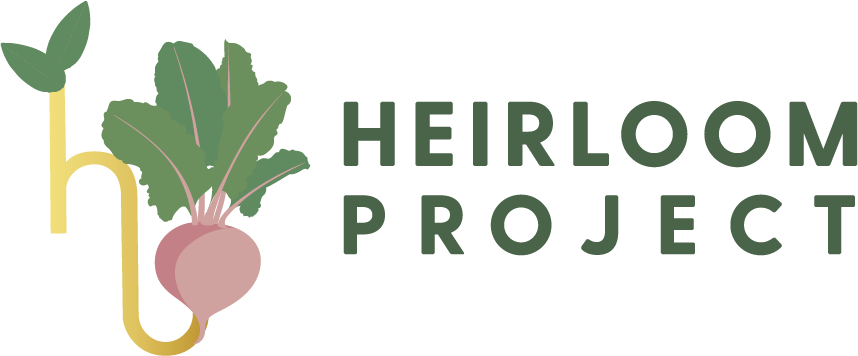
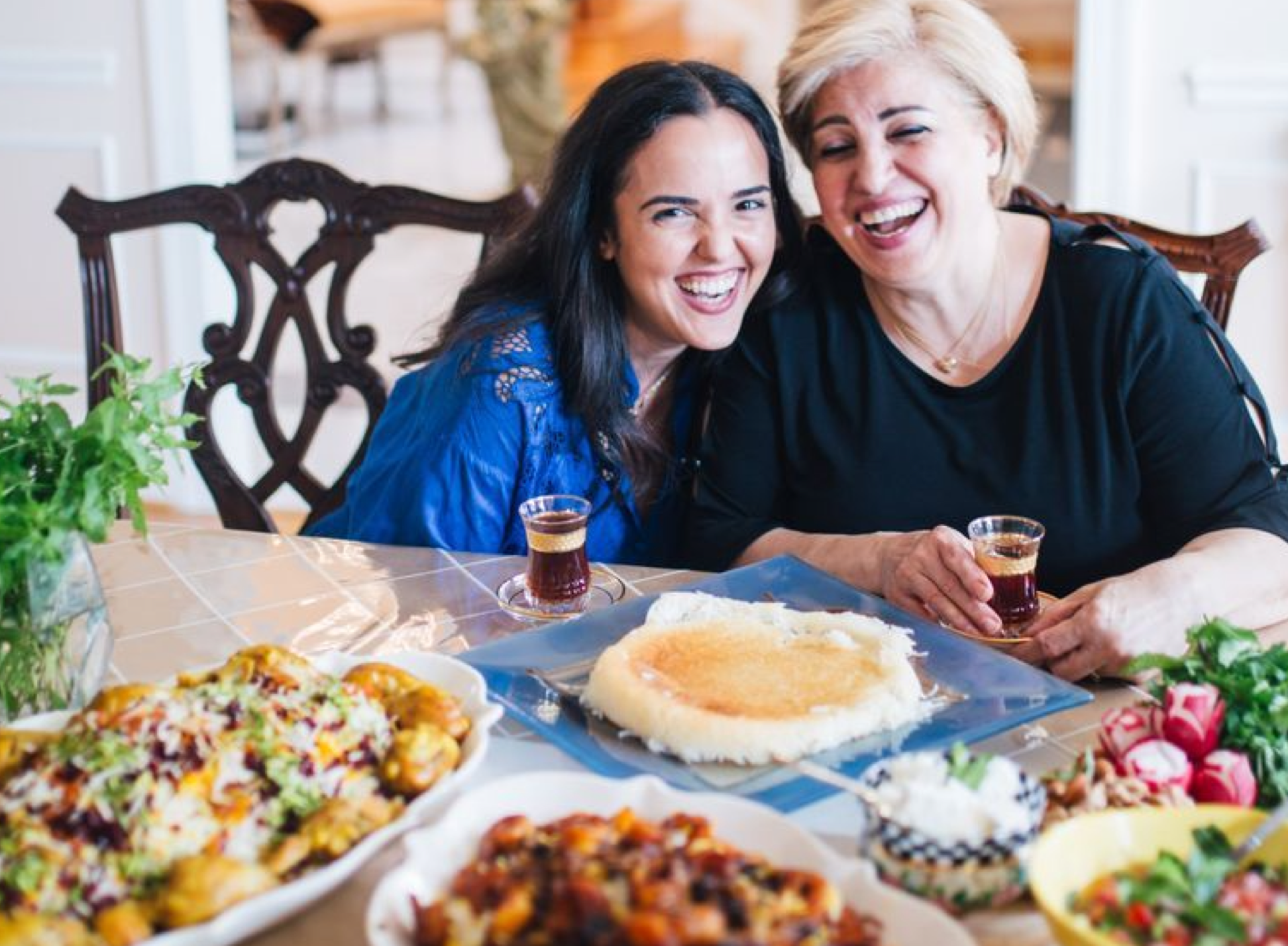
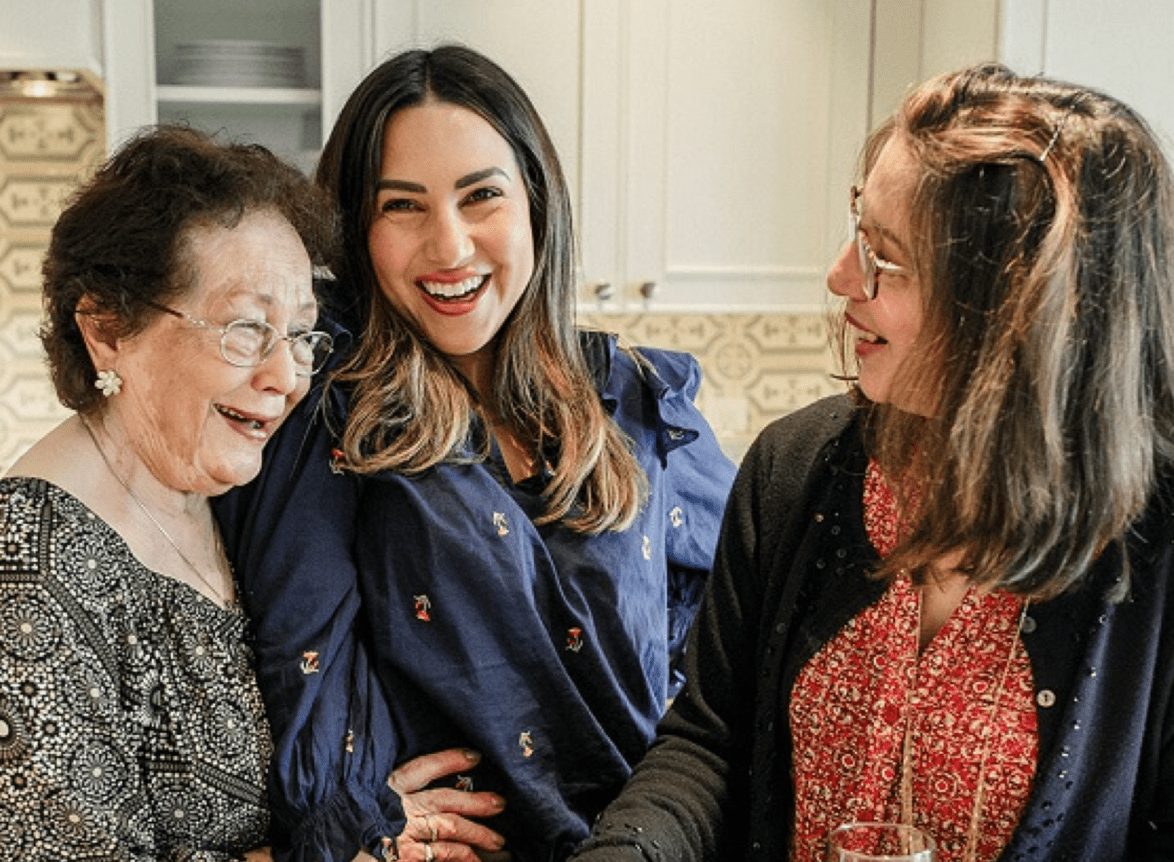
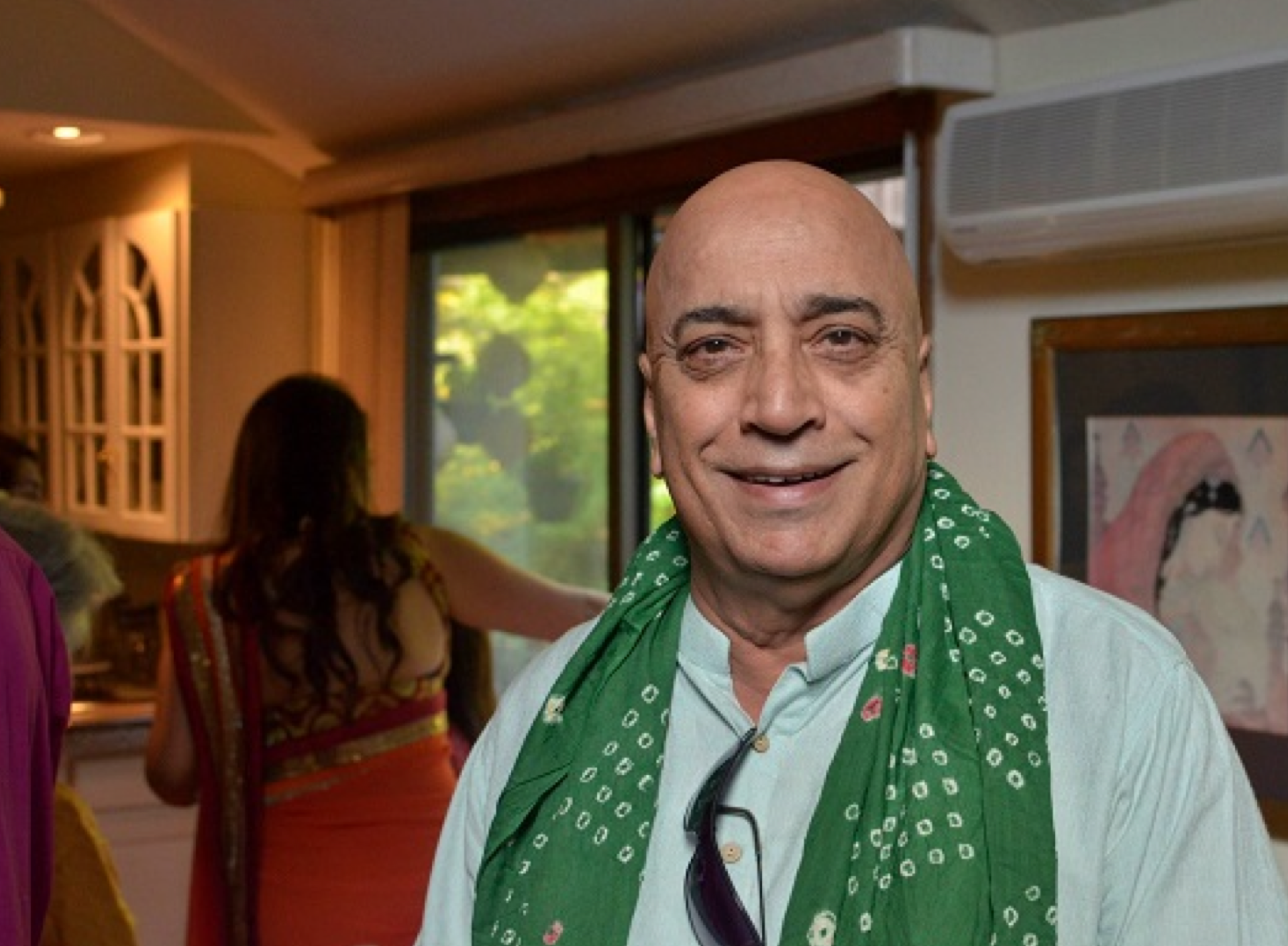
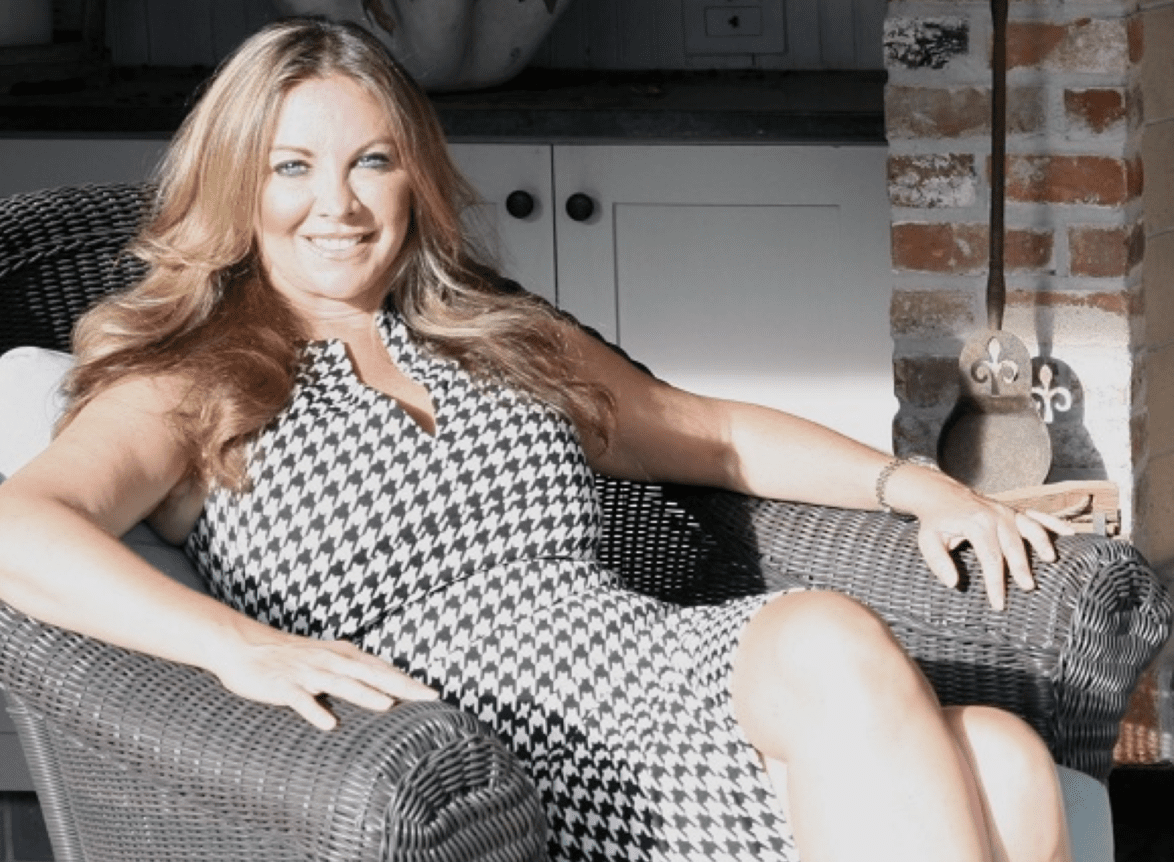
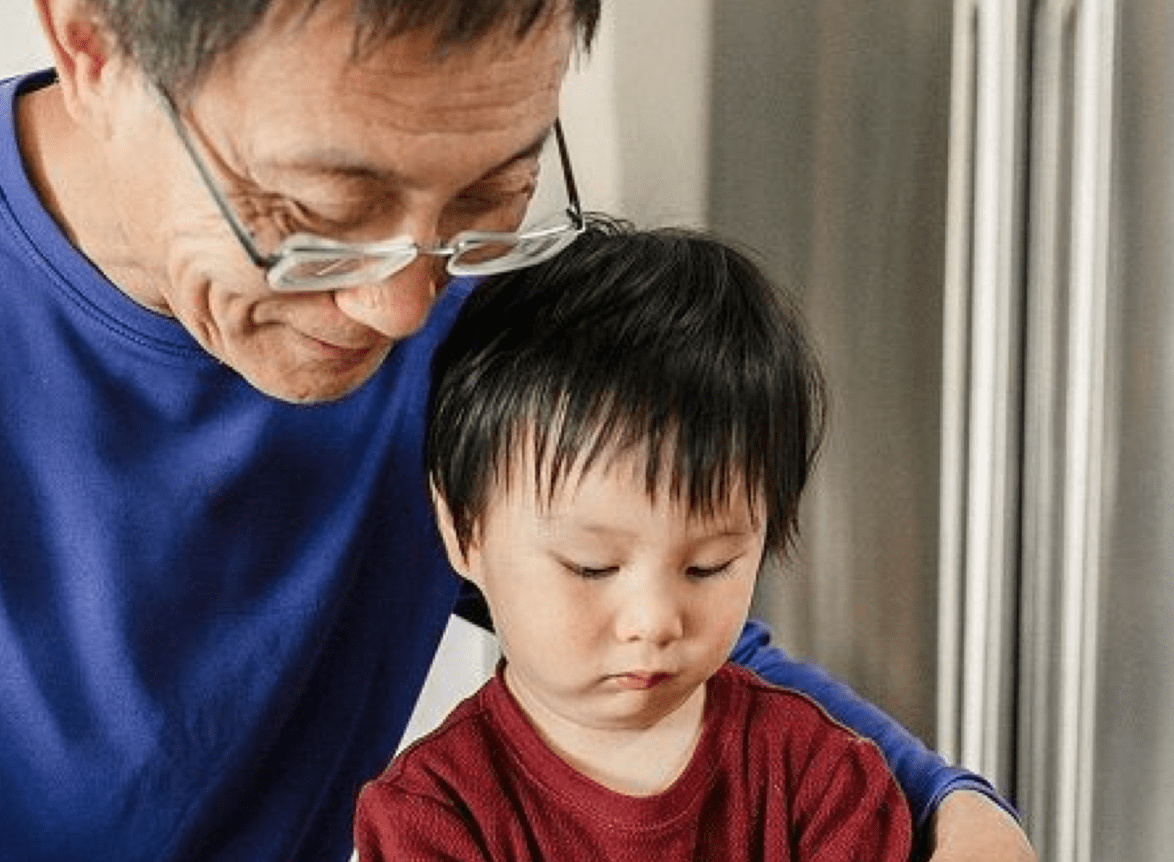

Leave a comment
Your email address will not be published. Required fields are marked *